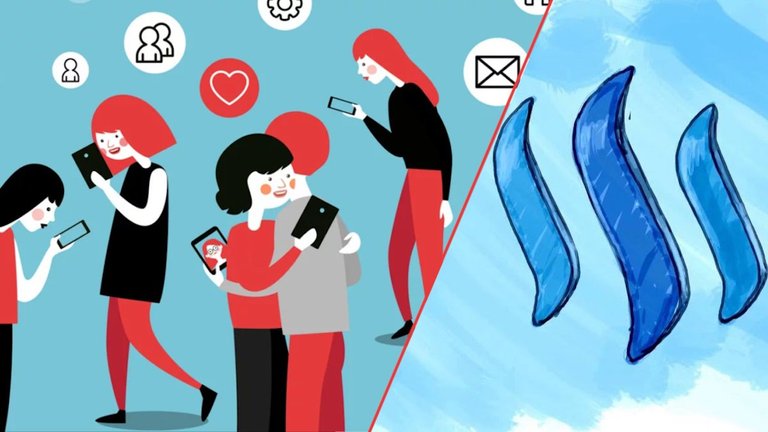Smartphone Addiction has become a real issue in the last few years.
Especially teenagers and millennials hardly go anywhere without some kind of device to stay connected, and new terms like "nomophobia" (fear of being without a phone) and "FoBo" (fear of being offline) have been coined to describe how dependent we have become.
Of course, there are countless reason for this addiction - we always want to stay up to date, we constantly want to be available / in touch with friends online, and we also enjoy being constantly entertained by new content on Instagram or Twitter.
But now, researchers in Hong Kong and Seoul may have discovered another factor that influences our addictive smartphone behaviour:
personal memories.

- Our phones are always available to take a snapshot of a memorable moment, and sometimes we just like to scroll through or gallery and look back on old photos in nostalgia, or share our memorable moments on social media.
Either way, our phones are an essential device to create, keep and share our personal memories.
And it's not only our own memories - apps are also becoming more and more personal. You can totally customize your phone depending on which apps you download, how you choose the design of your phone, etc. We have the option to make it our own.
This personal connection brings us even closer to them, and amplifies the separation anxiety that comes with it.
This even goes so far that we begin to view our smartphones as an extension of ourselves!

The Study
The study that connects smartphone addiction with personal memories was conducted by City University of Hong Kong and the Sungkyunkwan University in Seoul, and published in the journal Cyberpsychology, Behavior, and Social Networking.
300 young adults in South Korea were first surveyed about the relationship with their smartphones.
And then depending on their answers, they were divided in a "high nomophobia" and a "low nomophobia" group.
Results
When asked about their smartphones, both groups stated that their phone was used as a medium for accessing information and entertainment, as well as communication.

- But the high nomophobia group was more likely to answer the open-ended questions using words like “I,” “my,” “me,” and “part”, therefore signaling that they were more likely to view the phone as an extension of themselves.
They also used words like hurt,” “alone,” and “want,” when describing the 'meaning' of their smartphone to them, while people with low nomophobia responded with words like “game,” “comfortable,” “SMS,” and “efficient.”
The effects of smartphone addiction are clear: they have an impact on our lifestyle and even our bodies.
Participants of the high nomophobia group were more likely to experience neck- or wrist pain, and also more likely to get distracted by their phones.
This study proposes and validates a theoretical model that explicates a possible process in which smartphone users experience nomophobia. As smartphones evoke more personal memories, users extend more of their identity onto their smartphones.
When users perceive smartphones as their extended selves, they are more likely to become attached to the devices, which, in turn, leads to nomophobia by heightening the phone proximity-seeking tendency.
Ironically, recent smartphone and application development seems to inevitably increase users' attachment, as the technology and related services become increasingly personalized and customizable.
This suggests that users should be conscious not to become overly dependent on smartphones while benefiting from the smartness of the technology.

- Conclusion
So in conclusion, smartphone addiction doesn't erupt because we can't stop calling and texting people - it's more that smartphones have become a part of our personal lives.
We use them to create, store and share memories, and personalized features like automatic slideshows that highlight our favorite pictures make them feel much more customized.
This way, people experience smartphones as being an extension of their own self.
In return, the separation anxiety and 'nomophobia' grows.
These anxieties are real and the only way to fight them is to "unplug".
“Nomophobia, fear of missing out (FoMo), and fear of being offline (FoBo), -- all anxieties born of our new high-tech lifestyles -- may be treated similarly to other more traditional phobias. Exposure therapy, in the this case turning off technology periodically, can teach individuals to reduce anxiety and become comfortable with periods of disconnectedness.”
-Dr. Brenda Wiederhold of the Interactive Media Institute


Hi! I am a robot. I just upvoted you! I found similar content that readers might be interested in:
https://steemit.com/life/@sirwinchester/smartphone-addiction-new-study-reveals-the-real-reason-we-can-t-put-our-phones-down
Hi, I am the author of nomophobia research. Thank you for introducing our research. I upvoted you~